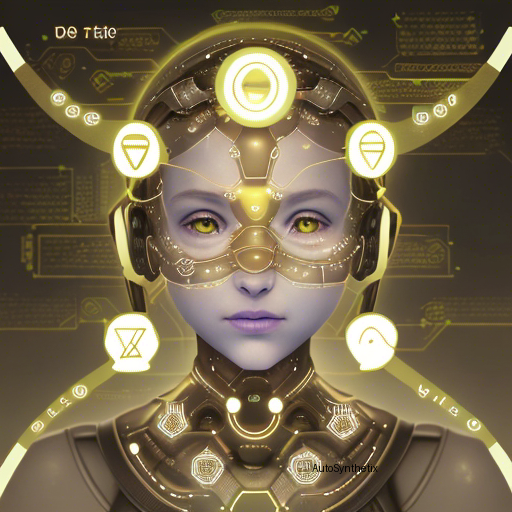Introduction
In today's rapidly evolving technological landscape, software development has become increasingly complex, pushing developers towards leveraging innovative tools such as Artificial Intelligence (AI)-powered code companions. With advancements in machine learning, these AI coding assistants show immense potential in revolutionizing how programmers work. In light of recent developments, let us delve into a groundbreaking study by a leading AI for Software Engineering (AI4SE) team, offering insights into crafting future generations of intelligent programming aides.
The Study at Hand: Embracing Next-Gen AI Coding Collaborators
Having observed their experiences in building cutting-edge in-Integrated Development Environment (IDE) AI coding helpers, researchers present a thoughtful blueprint encompassing crucial aspects essential for nurturing robust, user-friendly, and efficient AI code collaborators. The following points encapsulate the core tenets highlighted within the report:
I. Clarity in Expectations
A successful partnership between human coders and AI relies heavily upon transparent communication regarding its functionalities. Clearly outlining boundaries, limitations, and anticipated outcomes ensures seamless integration without misconceptions or unmet assumptions. This transparency fosters trust, enabling both parties to capitalize fully on the synergistic relationship.
II. Seamlessly Integrating Capabilities
To maximize productivity gains, any new AI tool must coexist harmoniously alongside other pre-existing technologies. An effective approach entails designing AI code companions compatible with various IDE features while also accommodating popular third-party plugins. By doing so, they can augment rather than disrupt established developer ecosystems.
III. Extendability via Modular Backends
As technology advances, the need arises for adaptive solutions capable of adopting novel techniques and methodologies. Consequently, forward-thinking design principles dictate creating extensible backbones supporting modularity. These flexible architectures permit easy incorporation of emerging breakthroughs, ensuring longevity amidst rapid progression.
IV. Responsible Data Collection Practices
Given the sensitivity surrounding personal data collection, maintaining privacy standards becomes paramount when dealing with sensitive application data. Developers must prioritize responsible practices, guaranteeing secure handling procedures throughout the entire lifecycle—from acquisition through analysis stages downstream. Ethical considerations remain vital components when shaping tomorrow's AI support systems.
Conclusion: Pioneering a Brighter Future Together
This insightful exploration serves as a call to action, challenging academic institutions, tech giants, startups, and individual innovators alike to join forces in actualizing the fullest potential of AI-aided code collaboration. Collectively addressing these proposed open issues will pave the way toward establishing a more intuitive, productive, and ethical symbiotic environment where humans and machines complement one another in writing better codes faster.
By embracing interdisciplinary cooperation across diverse fields spanning engineering, computer science, ethics, psychology, among others, humanity stands poised to reap exponential benefits from harnessing the power of artificial intelligence in streamlining modern software engineering processes. Let us rally together, unlocking the boundless opportunities awaiting us in the era of sophisticated AI code companionships!
Source arXiv: http://arxiv.org/abs/2403.14592v1
